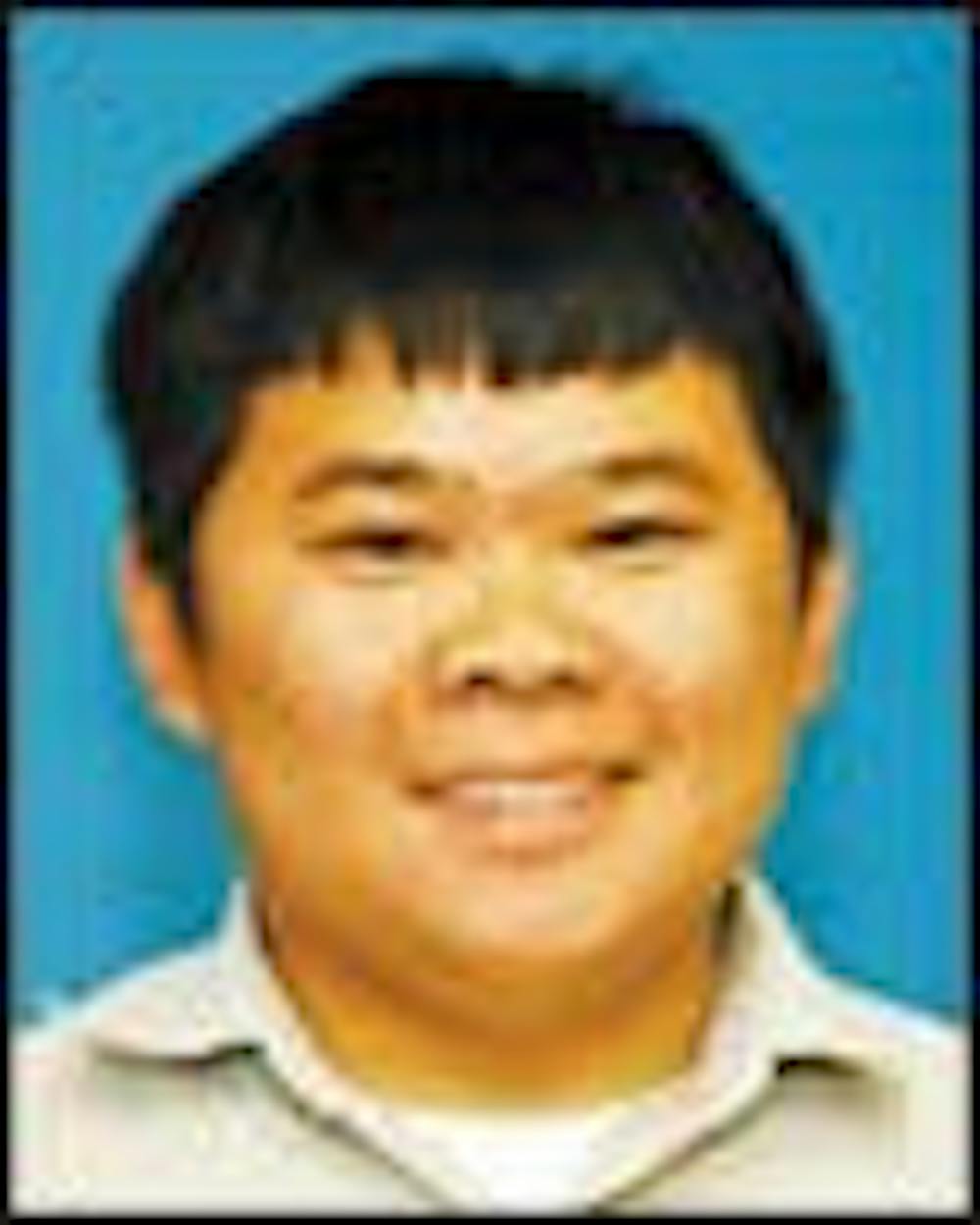From the many editorials I read and radio talk shows I listen to, I am experienced enough to know when a commentator is using a little bit of over-exaggerated sarcasm to prove a point. However, recent comments by Fox journalists about London and Paris in these past few days have brought me to a point of disgust.
No one nationality is more bullied by the American media than the French. This became painfully evident this fateful week. On the day that London was selected to host the 2012 Olympics, Fox commentator John Gibson responded on "The Radio Factor" by boldly saying that Paris should have gotten the bid because "it would have been the one time we could look forward to where we didn't worry about terrorism. They'd blow up Paris, and who cares?" The next day, when London was attacked, Gibson reaffirmed this atrocious claim in his Fox column, "My Word," saying "This is why I thought the Brits should let the French have the Olympics -- let somebody else be worried about guys with backpack bombs for a while." I understand that there is some sarcasm involved in Gibson's statements, but it is horrific that he crosses the line of overtly wishing harm towards the French. According to Gibson's logic, terrorists should attack Paris because this is the only way that they will fully comply with the U.S. in our "War on Terror". The extent of Gibson's French hating is unacceptable because a moral human being, let alone a journalist, should never wish harm upon his fellow humans, even if it may lead to a favorable outcome.
Bill O'Reilly isn't any better. Last year, O'Reilly began a boycott of French goods and urged others to join him. Once again, O'Reilly crossed the line to where his hate has harmful intentions towards others. Disagreements are healthy, but when O'Reilly wants to see regular French citizens lose their jobs because of a massive boycott and when Gibson wants Paris to be blown up, I think we have a problem. Even if O'Reilly and Gibson's methods will lead to what they believe is a better end, the means of harming a group of people is racist and immoral. By the way, according to the U.S. Census Bureau, the boycott is not working because marginal imports and exports to France from the US have increased since September 11.
The key distinction that Gibson and O'Reilly are missing is between a nation's government, which directly makes foreign policy decisions, and its average citizens. I backpacked through Europe this past winter and had some very intriguing discussions with the people there. Like many of us, all, of them stated that they abhorred President Bush and his policy towards Iraq. Yet, this hate was not directed towards me (an American citizen). I received terrific hospitality and courtesy. Europeans, unlike Americans, correctly understand the distinction between a government and its people. If they disagree with a nation's policy, they rightfully direct that toward the government, not the people. This is appropriate because often, as in the case with Iraq and the U.S., a nation's citizens have zero direct control over its foreign policy and often disagree with the policy itself. So, O'Reilly's boycott, if successful, would cause the most harm to the working class French citizens who have no direct control over whether their government supports the war in Iraq. I doubt that, if O'Reilly or Gibson ran into a French tourist over here, they would give him the courtesy that I received. Both have already clearly stated their wish that the French be harmed.
The solution to all this hate is to be intelligent. In this dark time of violence, hate is prevalent on both sides of this war. While we can't make terrorists stop hating us, we must make sure that we direct our attacks on the right people. Because of the nature of this war on terror, tempers and emotions can flare up very easily. As British Prime Minister Tony Blair said in his first address after the London bombings, we must make sure that this emotion doesn't lead us to hating the wrong people.
Uven Chong is a mechanical engineering sophomore. Reach him at uven.chong@asu.edu.




